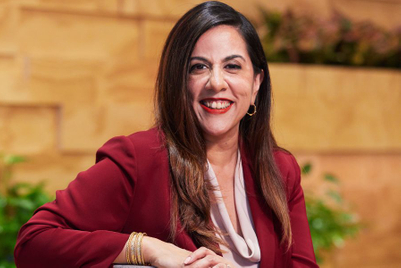
As more people turn to TikTok for health advice in lieu of consulting a healthcare professional (HCP), concerns around safety and misinformation continue to mount.
Now, a recent survey finds that 63% of Gen Z (Americans) want TikTok creators to be legally accountable for the accuracy of their health-related advice.
The survey, conducted by personal trainer app Zing Coach, indicates that more than half of Gen Zers regularly go to TikTok for health and wellness advice.
For one-third of Gen Z respondents, TikTok is their main source for health information.
A major reason why Gen Zers turn to TikTok for health advice is that it’s free.
The survey finds that 40% of respondents say they chose TikTok over seeing a physician because it doesn’t cost them any money, while another 22% say it was much faster than setting up a doctor’s appointment.
A significant portion of those respondents added that they don’t fact-check what they’re seeing on TikTok.
One-third say they don’t double-check the health advice they glean from the platform, while one-in-seven say that they trust influencers based on how many followers they have.
Consider this: A high follower count deems an influencer trustworthy among those respondents— regardless of their professional background.
This echoes previous research into TikTok’s concerning impact on the healthcare industry, including a study that found nearly 84% of mental health videos on the platform were misleading.
This misinformation has led to an impact on health—whether it’s people self-diagnosing with mental illnesses without seeing an HCP or trying out questionable viral health trends like bone-smashing and hormone balancing.
“When you’re scrolling through videos on a lazy afternoon, TikTok can feel like an endless vault of advice and information, particularly when it comes to wellness,” notes Walter Gjergja, chief wellness officer at Zing Coach, in a statement. “But the idea of judging the quality of health advice on view counts and viralness is surely a terrible idea for our well-being.”
Gjergja also adds that the tide may be turning on how people view TikTok’s validity.
In addition to the majority of respondents that want TikTok creators to be legally held accountable for health advice, 10% want health advice to be entirely banned on the platform.
“Luckily it turns out that most TikTok addicts understand the dangers and are taking steps to verify the advice that’s popping up on their feeds,” Gjergja adds.


.jpg&h=334&w=500&q=100&v=20250320&c=1)


.png&h=334&w=500&q=100&v=20250320&c=1)






.jpg&h=268&w=401&q=100&v=20250320&c=1)


.jpg&h=268&w=401&q=100&v=20250320&c=1)


.png&h=268&w=401&q=100&v=20250320&c=1)
